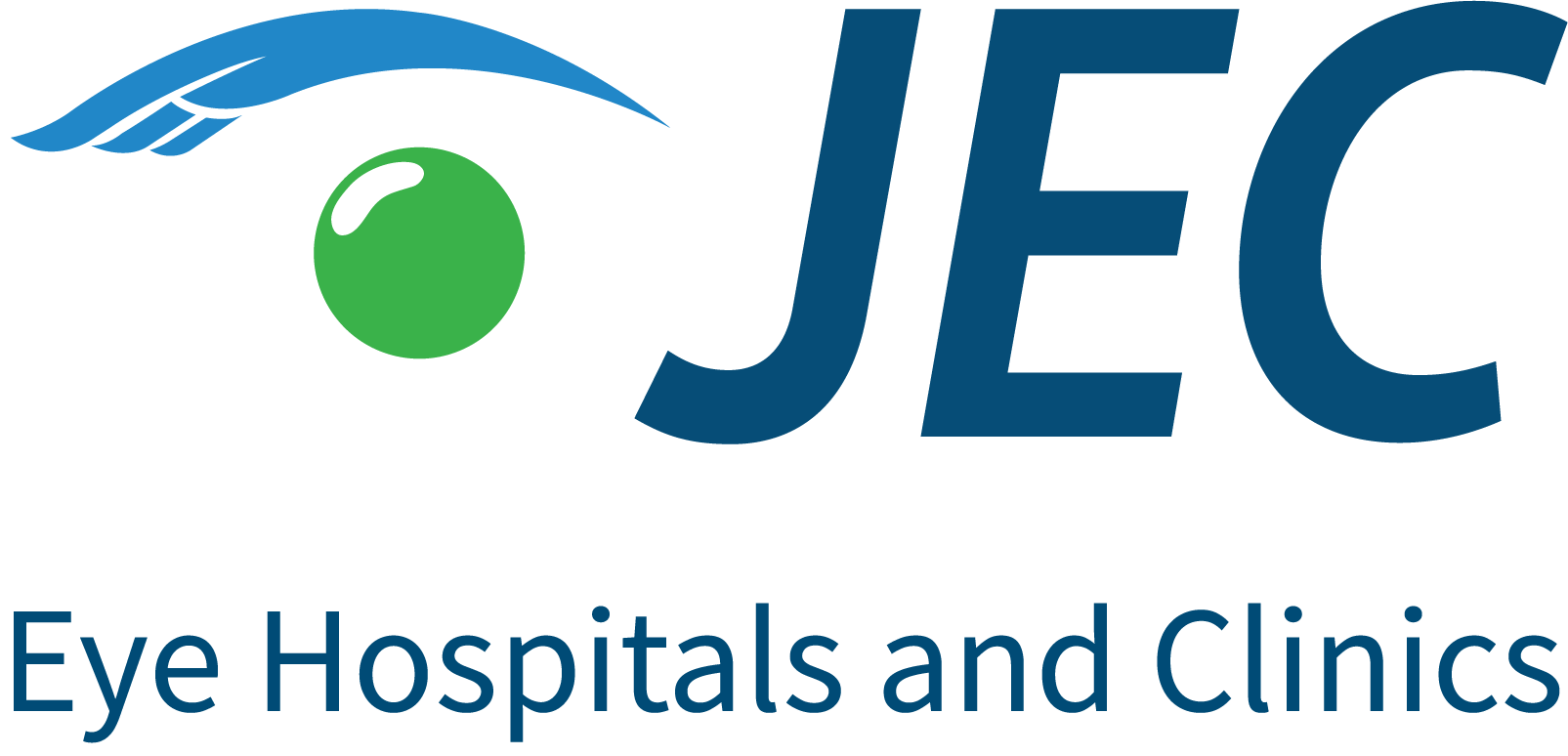Layanan Kami
71,295 views
JEC presents Children Eye & Strabismus Center to give special and comprehensive treatments to children's eye disorders, and strabismus problem for children and adults.
This service is intended for children in growth period; from baby to teenage. Because the growth period is very important in the development of mental, physical, and social for the kids, that is why the service given should be specific.
Some common eye disorders found in children are refractive errors, amblyopia, strabismus, congenital glaucoma, congenital cataract, retinopathy of prematurity (ROP), ptosis, retinoblastoma, brain disorders that affect vision (cortical blindness), etc. In addition, children with special needs such as Down Syndrome, Cerebral Palsy, Autism or hyperactive also require special attention.
When is the right to check the children's eye for the first time?
Most of the kids can't complain about their eye disorders so an early check up is very important to do:
- The children should be examined during the first year of life, especially if you or the doctor suspecting disorders or if there are eye history of eye disorders in the family.
- If no suspected eye disorders found or if there are no history of eye disorders in the family, then a complete examination is advised before the children reach the age of four. If no disorders found, then a regular check up can be continued once every one or two years.
- Children with special medical condition, like diabetes, blood abnormalities, metabolic disorders, and genetic abnormalities are needed to be examined regularly according to the doctor's advise.
The examination will include these steps:
- Eye examination using a slit lamp or handheld light to check any abnormalities in the eye anatomy.
- Examination of the eye position and movement, to check for strabismus.
- Refractive examination to decide whether the children needs a pair of glasses or not.
- Retina nerves examination with a retcam.
- Most of the children will have their pupil widened by giving some eye drops during the examination.
This eye drops will make the children have blurred vision for a few days. It is to remove the needed accomodation for prescribing glasses and to make it easier to examine the retina.If needed, the children ophthalmologist will consult the children with other CEC team, e.g. Pediatrician or Neuro pediatrician, child psychologist, and or low vision specialist.
The facilities available at the CESC
- A waiting room designed for children to play and do activities like reading or watching children's movies.
- A room for breastfeeding with privacy.
- A room for examination under anesthesia (EUA) for uncooperative children or children with special needs.
- A refractive room equipped with specific equipment for children and attended by staffs with experience in pediatrics.
- A Pediatric ophthalmologist room specially designed for the comfort of the children during the examination.
- A pediatrician room and neuro pediatrician with competency in handling children with special need.
- A child psychologist which will handles the change and development of physical, behavioral, mental and emotional functioning in children. Also serving IQ test, aptitude test, and consulting for parents whose children with special needs or have low vision problem/blind.



 ENG
ENG